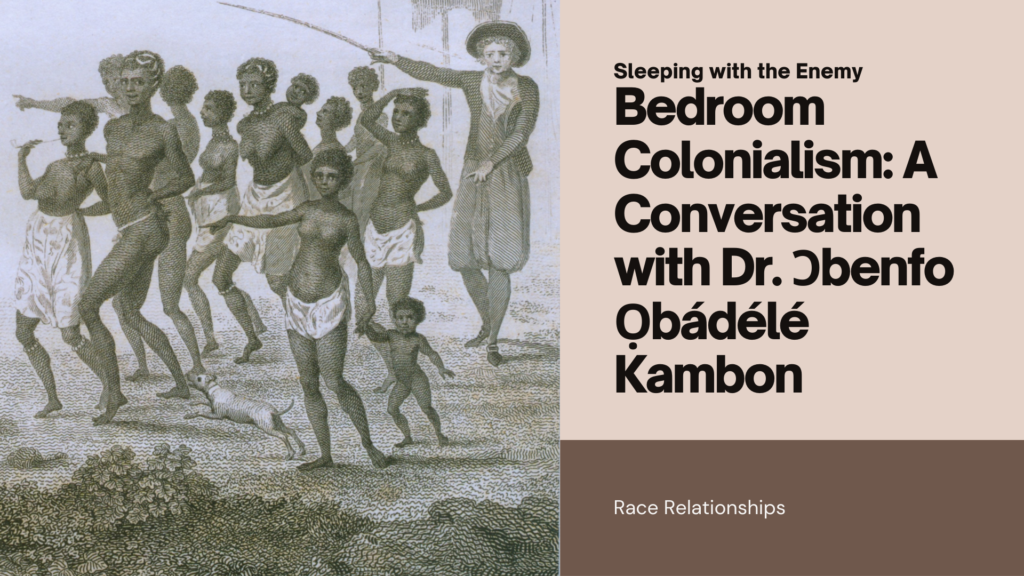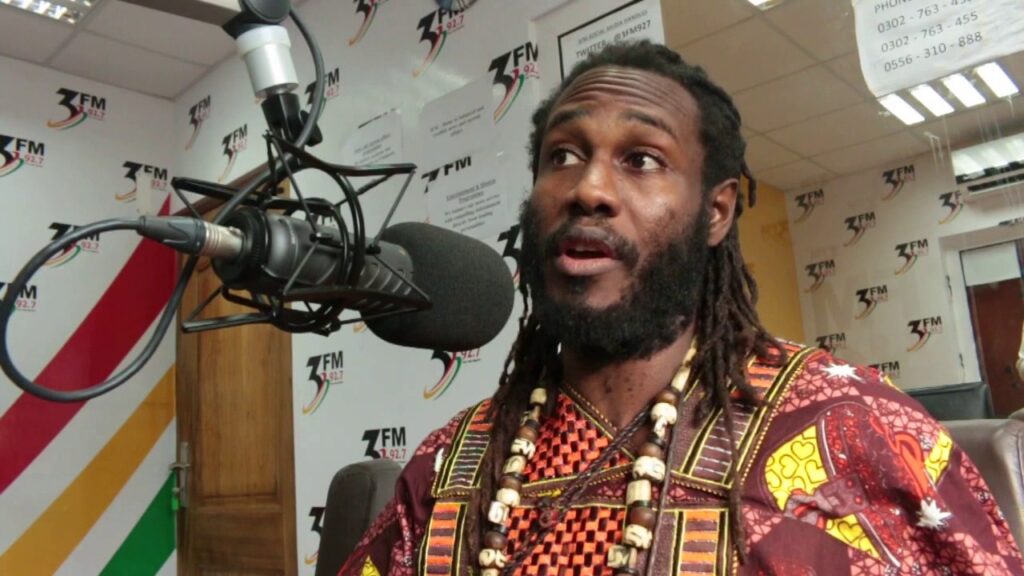
Researched and Curated By Rev. Dr. Philippe SHOCK Matthews
(Black Trauma and Mental Health Specialist | Prompt Eng | GPT Dev | Research Scientist | Africana Phenomenologist | Black AI Corsortim co-Founder)
TOPICS OF DISCUSSION:
- Reverse racism
- Interracial Relations
- Mixed children
- Can you be black with a white partner or parent
- Black Lives Matter movement
PATREON: | https://t.ly/mjksf | REV. DR. SHOCK (PERPLEXITY PAGE): https://t.ly/ppjwh | SOLO: https://solo.to/revshock | BIO: https://t.ly/Ko_y_ | BLOG: https://t.ly/j6bh0 | PODCAST: https://t.ly/cB5GD | ENDORSEMENT: https://t.ly/jFErO | THREADS: https://t.ly/SoKkT | IG: https://t.ly/XsN8f | FB: https://t.ly/R3r9Y | X: https://t.ly/iJ-wy | LINKEDIN: https://t.ly/GZ0pe | TIKTOK: https://t.ly/zfp60 | BLACK TRAUMA GPT: https://t.ly/vswbs | BLACK AI CONSORTIUM: https://t.ly/uiRZN | BOOKS BY PM: https://t.ly/vvHMd
This presentation sets out to introduce the concept of bedroom colonialism and the related concept of mulattofication as intergenerational scourges of classical and contemporary Kmtyw ‘Black People’. By means of multimodal, multidisciplinary analysis and participant observation of victims of bedroom colonialism (BC) via fieldwork in their natural environment, we demonstrate multiple examples of these concepts in their socio-cultural milieu. We find that, as intended by anti-Black perpetrators of BC (eurasians), bedroom colonialism has and continues to pose a significant impediment to the acquisition, maintenance, and expansion of Abibitumi ‘Black Power’ and Abibifahodie ‘Black Liberation’. In conclusion, once the root causes of bedroom colonialism are understood, conceptual clarity may be attained and correct courses of action may be pursued.
“Bedroom colonialism” is a term used to describe a form of intimate or interpersonal colonialism that manifests within romantic and sexual relationships, often highlighting the dynamics of power, race, and exploitation. It involves the perpetuation of colonial attitudes and behaviors in private, intimate spaces, where one partner, often from a dominant or colonizing culture, exerts control or dominance over the other, typically from a marginalized or colonized background.
This concept can be understood through various lenses, such as:
1. Racial Fetishization and Exoticism: It involves viewing a partner primarily through a racialized or exoticized lens, reducing them to stereotypes or fantasies rooted in colonial histories. This reduces the partner to an object of desire based on their race, rather than valuing them as a whole person.
2. Power Dynamics: In these relationships, power imbalances reflect broader societal hierarchies, where the dominant partner may exert control, whether overtly or subtly, over the marginalized partner. This can manifest in emotional manipulation, coercion, or even subtle forms of dominance that replicate colonial power structures.
3. Cultural Appropriation and Erasure: The dominant partner might appropriate or disrespect the cultural practices and identities of the marginalized partner, further entrenching a sense of dominance and superiority. This can lead to the erasure of the marginalized partner’s cultural identity within the relationship.
4. Historical Context: This concept is rooted in historical practices where colonizers exploited and dehumanized colonized people, including sexual violence and forced relationships. These historical traumas often reverberate in contemporary relationships, reflecting unresolved issues of power, control, and racial dynamics.
In examining “bedroom colonialism,” it is crucial to consider the work of scholars and thinkers who delve into the intersections of race, sexuality, and power, such as bell hooks, Audre Lorde, and Frantz Fanon. These perspectives help shed light on how intimate relationships can perpetuate systemic inequalities and the importance of addressing these dynamics to foster more equitable and respectful partnerships.
ABOUT:

Dr. Ɔbenfo Ọbádélé Kambon is a world-renowned linguist and scholar and the founder of Abibitumi, the largest Black social education network globally. The name “Abibitumi” is derived from the Akan language, spoken in parts of West Africa, particularly Ghana. It roughly translates to “Black/African Communication” or “Black/African Intelligence.”
He’s an Associate Professor at the University of Ghana, winner of multiple prestigious awards, and is a key figure in African Studies. His work spans linguistics, historical research, and African repatriation efforts. Join me in welcoming Dr. Ɔbenfo Ọbádélé Kambon!
RELATED:
- Abibitumi and the Sankofa Journey with Dr. Ɔbenfo Ọbádélé Kambon https://bit.ly/4eBDesP
- [FLASHBACK] Dr. Okunini Ọbádélé Kambon (White Boy on a Stick) https://bit.ly/3T15fjn
- Dr. Okunini Obadele Kambon The Danger of a Single Story – http://bit.ly/2J1mygh

https://shockmetaphysics.gumroad.com/coffee
BROUGHT TO YOU BUY…
- Enhancing Cognitive Performance: The Power of Neuromelanin Boosters https://t.ly/S-ePs
- Free Web Series: Nothing is Wrong with Black People…Something Happened to Black People: https://bit.ly/3FJCsLo
- BlackTraumaGPT.com http://blacktraumagpt.com/
- MyGuardianDoc™ https://bit.ly/3TlgPaE – Your One-Stop for On-Demand Compassionate Medical Guidance, Urgent Care, Primary Care, and Virtual Second Opinions, all provided by licensed Medical Doctors.
- Enjoy our content? Become a member of our Patreon https://www.patreon.com/revshock or support our 1st Frequency of Oneness Research Fund https://bit.ly/42lr54b
